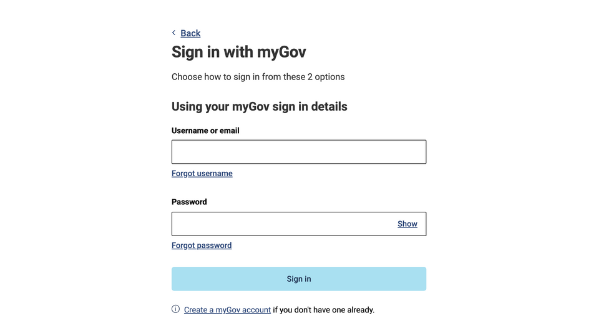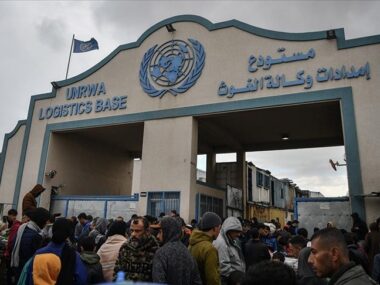Amid tax season, the Australian Taxation Office (ATO) has found itself embroiled in a dispute over alleged wrongful deductions by taxpayers, prompting concerns about the impact on essential community funds. A recent ATO statement rebuts claims from a young Melbourne couple, Ellie Houston and Trae Murphy, who reported that $90,000 vanished during a tax return’s cash transfer, resulting in both a financial setback and a significant public outcry.
While the couple presented screenshots and receipts, the ATO stated that the receipt numbers did not align with its records. Assistant commissioner Tim Loh emphasized that these mismatches negatively affect the Australian community, dubbing the practice as “un-Australian.” Loh further disclosed that an alarming nine out of ten rental property owners are inaccurately reporting their income tax returns.

The ATO’s statement underscores the importance of accurate financial reporting. Loh cautioned taxpayers to meticulously declare rental income, including short-term rentals, to ensure compliance with regulations. The ATO’s scrutiny extends to interest expenses, urging property owners to differentiate between deductible interest on investment property loans and private expenses.
Additionally, the ATO highlighted the need for clarity when claiming deductions related to property repairs. Initial repairs addressing pre-existing damage cannot be immediately deducted but may qualify as capital works deductions over time. Short-term rentals, including holiday homes, are flagged as another area demanding closer attention due to misconceptions.
The ATO’s stance on rectifying errors aligns with its commitment to maintaining transparency and upholding the integrity of financial systems. While the couple’s situation unfolds, the incident serves as a reminder of the crucial role accurate financial reporting plays in ensuring a fair distribution of community resources. The clash between taxpayer claims and official records underscores the ongoing challenge of navigating tax complexities and avoiding errors that could potentially impact broader society.











